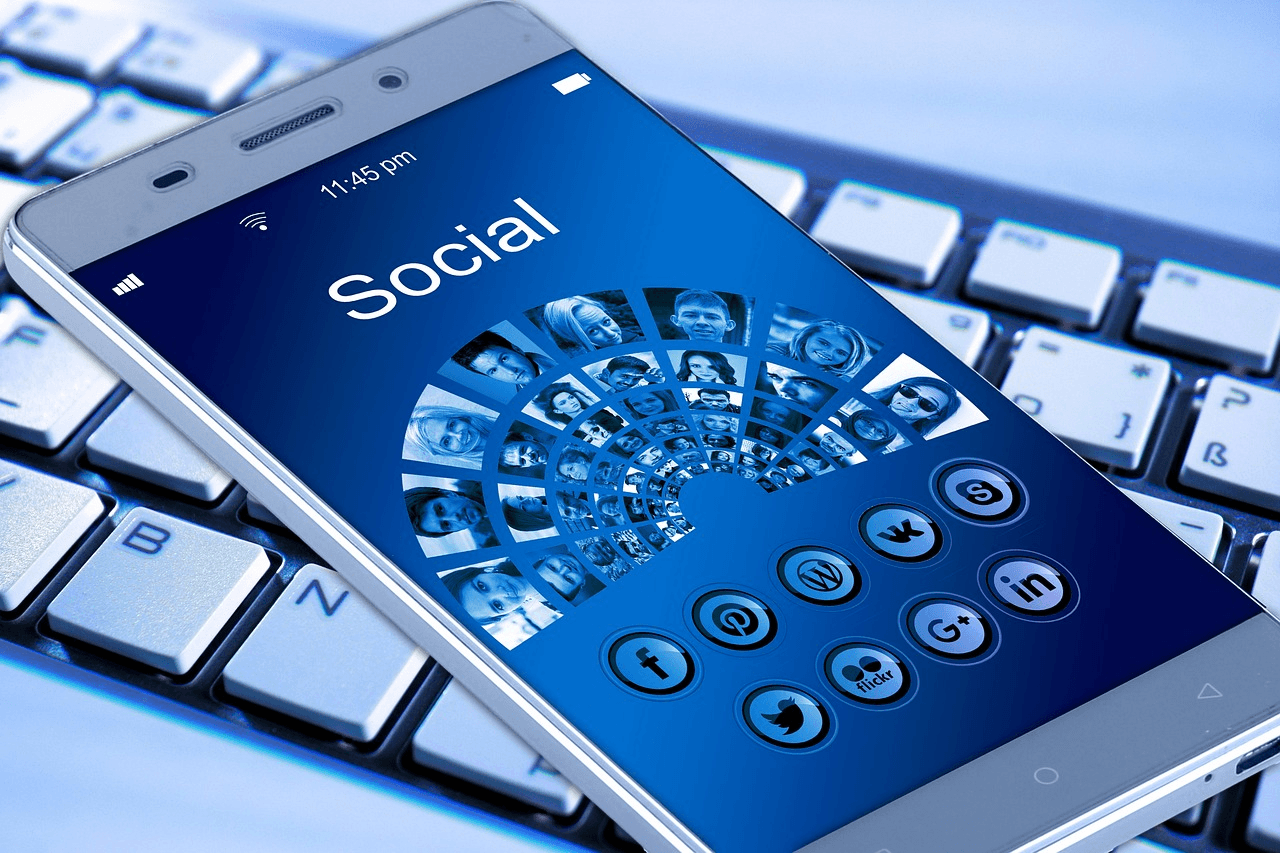 Source: geralt via Pixabay
Source: geralt via Pixabay
Imagine scrolling through Instagram. A favorite content creator is raving about a new skincare product that promises glowing, flawless skin. They’ve got before-and-after shots, a catchy caption, and even a discount code for followers. Sounds familiar, right? Welcome to influencer marketing—a digital advertising powerhouse changing the game for brands and consumers alike.
What is influencer marketing?
At its core, influencer marketing is a collaboration between a brand and an online influencer to promote a product or service. Unlike traditional advertising, relying on celebrities, influencer marketing taps into the authenticity and relatability of social media stars, who often have a more direct and personal connection with followers.
Would you rather take a product recommendation from a billboard featuring a random model or someone you’ve followed for years, someone whose opinions you trust because they share their everyday life with you? That’s the magic of influencer marketing. It’s not just about selling a product; it’s about creating a narrative that feels genuine, relatable, and trustworthy.
The power of the digital age
In the age of TikTok, Instagram, and YouTube, anyone with a smartphone can become an influencer. It’s not about Hollywood fame or millions of dollars; it’s about creating content that resonates with people. Take Emma Chamberlain, for example. She started as a regular teen sharing her life on YouTube, and now, she’s not only a global sensation but also the face of major brands like Louis Vuitton. Her relatability and quirky charm made her the perfect ambassador for brands that want to connect with Gen Z. This is the power of influencer marketing; it empowers anyone with a voice and a passion to make a difference.
Or look at TikTok’s Addison Rae. She dances, lip-syncs, and collaborates with big brands like American Eagle. Addison didn’t just climb to fame by traditional means; she rode the wave of viral content and now has the power to influence millions of purchasing decisions. This shift has made influencer marketing one of the most effective tools for brands to reach their target audience, especially when that audience is as elusive and ad-resistant as Gen Z.
What if…?
Now, let’s play the 'what if' game. What if your favorite influencer started promoting something entirely out of character? Would you still buy it? This raises the question of authenticity in influencer marketing. The most successful influencers stay true to their personal brand and only promote products they genuinely believe in. The moment followers sense a disconnect or a sellout vibe, the trust is broken, and the magic of influencer marketing fades. This is why authenticity is not just a buzzword in influencer marketing; it’s a guiding principle that reassures your audience and builds their confidence in your recommendations.
What if influencers were just in it for the money? Unfortunately, this happens more often than we’d like to admit. Some influencers promote products they’ve never used or don’t actually like, just for the paycheck. For brands and influencers alike, this is a risky move. When followers catch on—and they usually do—the backlash can be brutal. Trust is hard to build but easy to lose, and in the digital age, losing trust means losing followers, engagement, and, ultimately, relevance.
The numbers don’t lie
Still not convinced? Let’s talk stats. According to a study by Mediakix, influencer marketing is expected to grow to a whopping $15 billion industry by 2024. That’s more than the GDP of some small countries! Why? Because it works. A survey by the Digital Marketing Institute found that 49% of consumers rely on influencer recommendations, with Gen Z leading the pack. They’re not just looking for products but lifestyles, experiences, and stories that resonate.
Brands are catching on. Whether Kylie Jenner drops her latest makeup line on Instagram or Mr. Beast partners with Honey to give away cash, companies understand that influencers are the key to unlocking a generation skeptical of traditional advertising. Influencers offer a more engaging, interactive, and personalized way to reach consumers—something a TV commercial just can’t compete with.
The influencer you could be
What does this mean for you? Here’s the kicker—you don’t have to be a famous influencer to make a difference. Micro-influencers with smaller but highly engaged followings are on the rise. They might not have millions of followers, but their audiences are loyal, engaged, and more likely to act on their recommendations. Whether you have 1,000 followers or 100,000, your voice matters.
What if you became the next big thing? Start by sharing what you’re passionate about. Be authentic. Be you. Whether it’s fashion, fitness, gaming, or DIY crafts, there’s an audience out there waiting for your voice. And who knows? The next time a brand seeks the perfect person to collaborate with, they might just slide into your DMs. The potential for personal growth and success in influencer marketing is immense and within your reach.
Get started now
Ready to dive into the world of influencer marketing? Start by identifying your niche—what are you passionate about? Begin creating content that speaks to you and your audience, engage with your followers, be consistent, and, most importantly, stay true to yourself. Influencer marketing isn’t just for the mega-famous; it’s for anyone willing to put in the hard yards, remain authentic, and build a community around their passion. It’s more than just a trend—it’s a revolution in how we think about advertising, content creation, and brand loyalty. So, what are you waiting for? Start your journey today, and who knows—you might be the next influencer we’re discussing.

